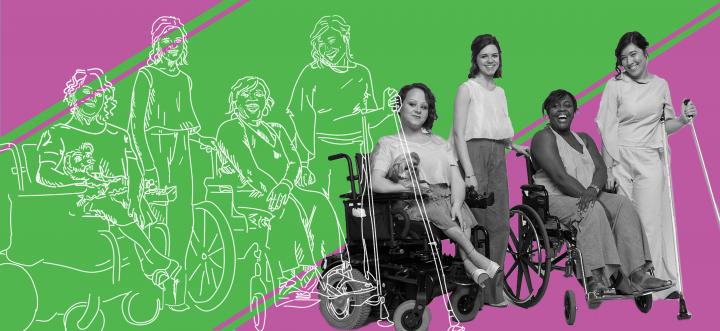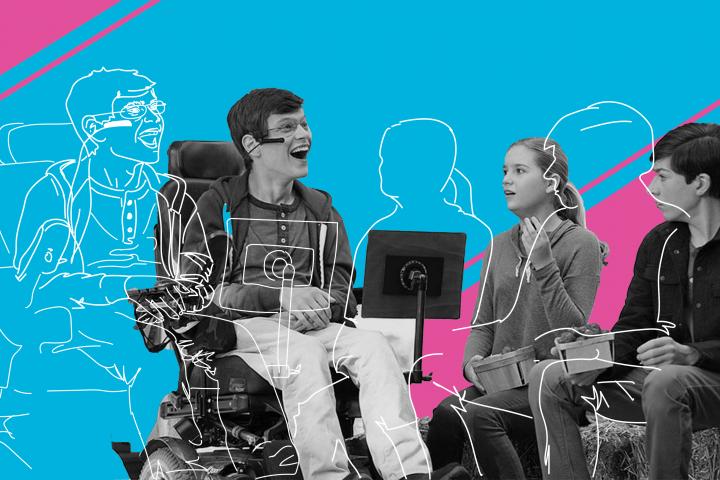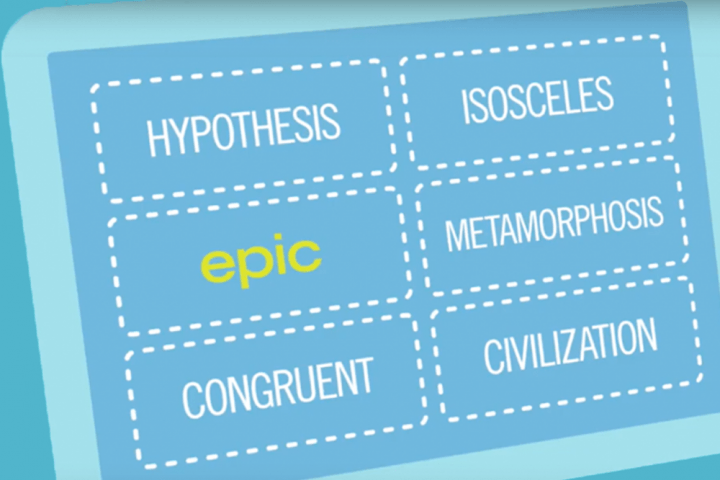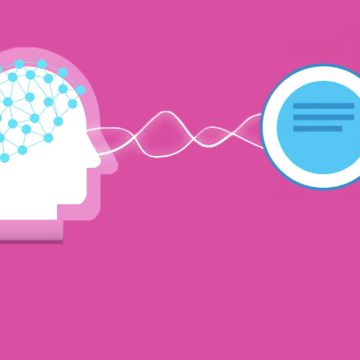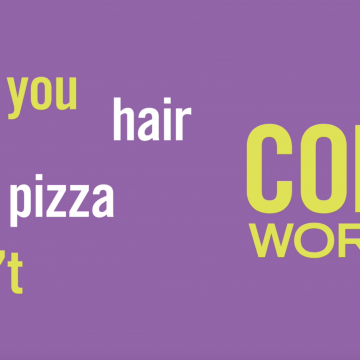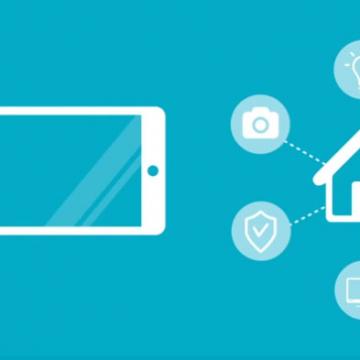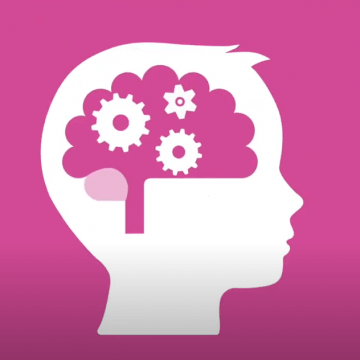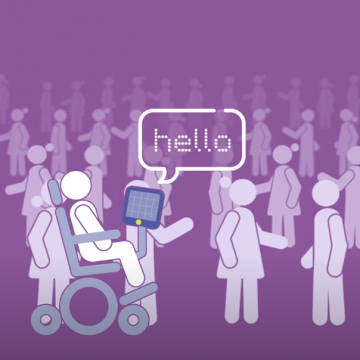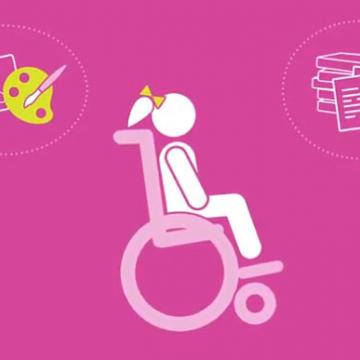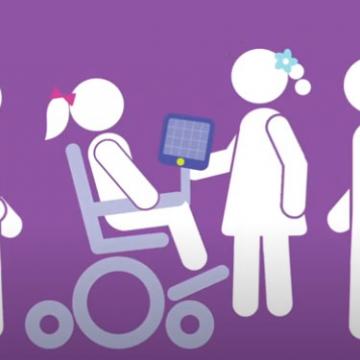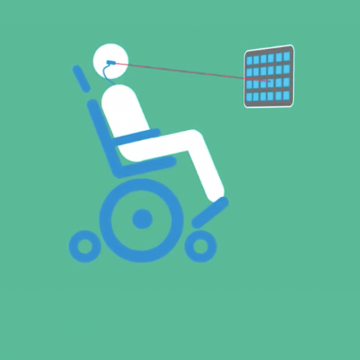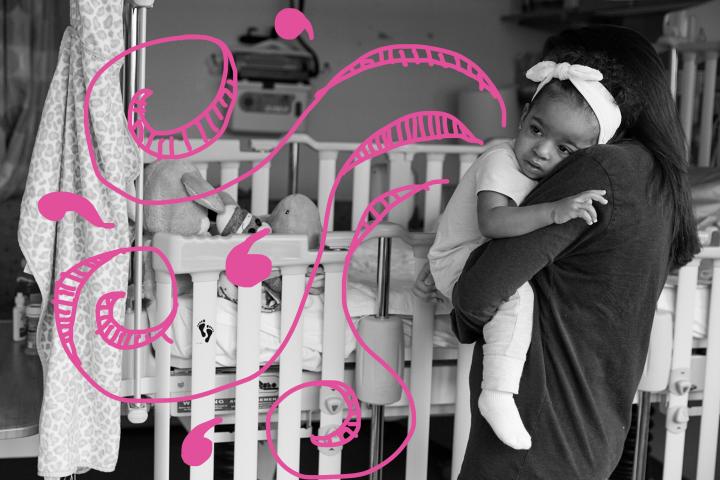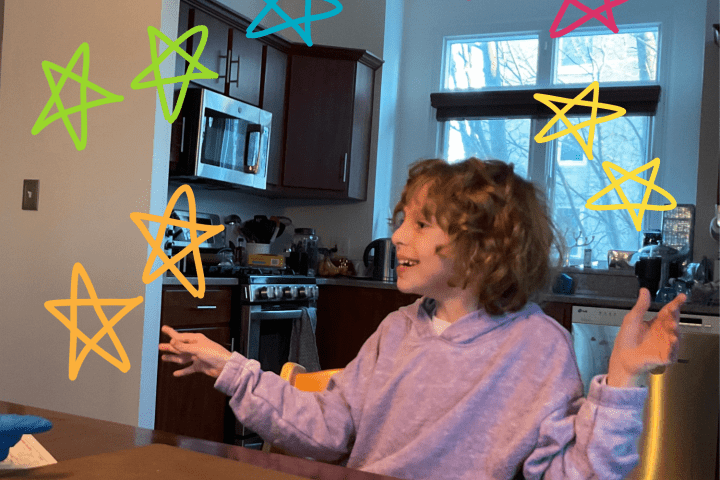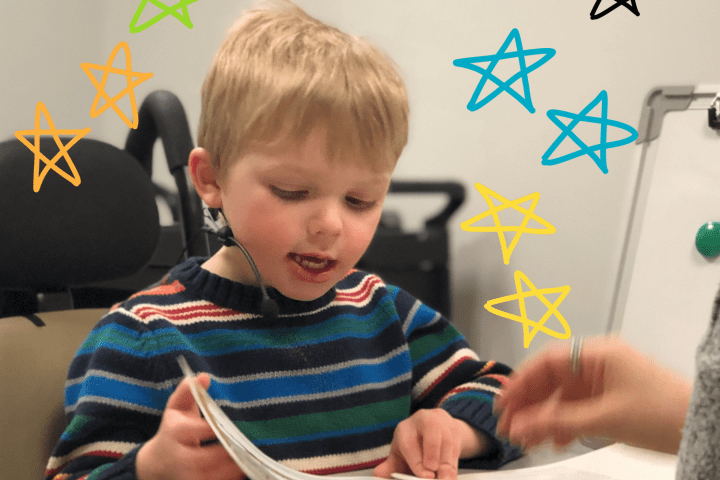Communication in all its various forms is the way people interact and relate with their world.
People with cerebral palsy may experience difficulties with communication in areas such as speech, the development of gesture and facial expression, receptive and expressive language and voice production. Learning to communicate with others, and ensuring that you’re understood in return, is a vital part of every child’s early development.
Speech language pathologists and therapists can make assessments and put together recommendations. For those with more severe oral motor impairments assistive or augmentative communication and technologies can help.
-
Get the Facts
Dysarthria and Cerebral Palsy Fact Sheet Dysarthria is a motor speech disorder that affects how clear and understandable a person’s speech is. Between 50-90% of people with CP have dysarthria.
-

Looking To The Future- Thought to Speech -

85% of What We Say is Made Up of 250-350 Words -

One Size Does NOT Fit All- Using Multiple Means For Communication -

Accessibility Features -

The Neuroscience of Learning -

The Complexity of Acceptance -

Finding Your Passion -

Let's Get Social -

Finding Your Voice & The Best Communication System For You
-
Talking with Professionals
What to Expect- Your First Speech Language Appointment A speech language pathologist is someone who is trained in working with kids and adults. Everything from working with articulation errors and correcting things to what I do, which is working with...
-
CPF Live
CPF LIVE! with Kristen Allison, PhD, CCC-SLP CPF Executive Director Rachel Byrne and speech therapist, Kristen Allison, PhD, CCC-SLP discuss communication and Cerebral Palsy.
-
Relevant Research
Changes over time in speech classification between 4 and 10 years in children with cerebral palsy Speech impairments like dysarthria are common in children with cerebral palsy (CP) which can greatly affect participation across environments. Our study examined how speech impairment severity changes...
Learning to communicate with others, and ensuring that you’re understood in return, is a vital part of life.

